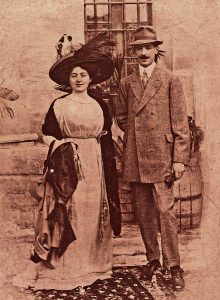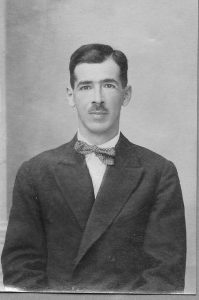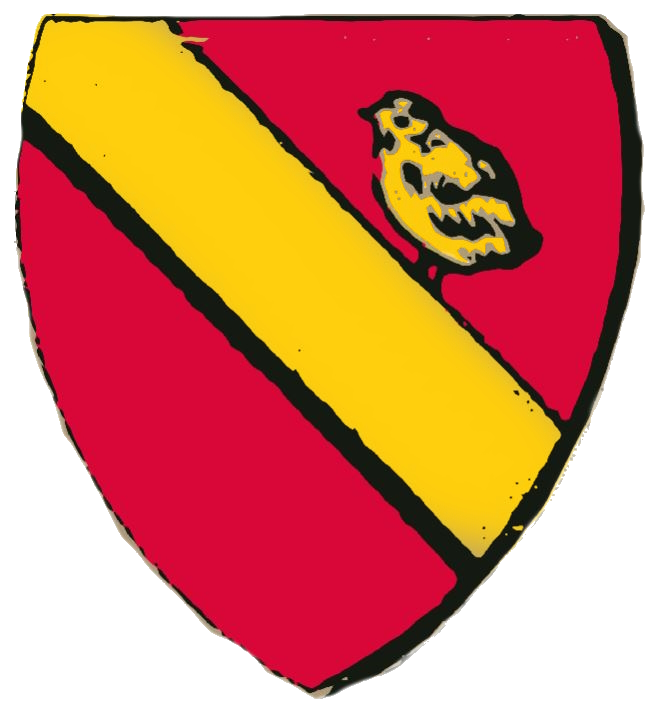Sir Philip Pullicino was born in Valletta on 21 November 1885. He was educated at St. Ignatius College in Sliema, and at the University of Malta, where he obtained the degree of B.Litt. and graduated as Doctor of Laws in 1907, obtaining first place in his course and being granted a travelling scholarship.

Philip’s signature, 1916.
He obtained his warrant to practise on 14 July 1908. (Note: The warrant is framed and in Robert Pullicino’s possession.)
On 22 February 1911, he married Maude Samut, daughter of Colonel Achilles Samut CB. CMG.

In 1918 he was appointed Advocate for the Poor. In 1926 he was appointed Treasury Counsel and Public Prosecutor.
In 1927 he moved the family residence to 8 Piazza Bastione, Notabile. He rebuilt the home, which he named “The Bastions”.
The following year, he was appointed as one of His Majesty’s Judges. However, he relinquished this honour not long after to be appointed as the first Attorney General in Malta.
He was created a Knight Bachelor by King George V in 1934 for his role as a personal confidant of Archbishop Michael Gonzi and Lord Strickland, particularly in resolving the acute dispute between Lord Strickland and the Church, putting an end to years of public confrontation between the two.
He was a member of the Executive Council and an official member of the Council of Government in 1939. He tendered his resignation as Attorney-General in late 1940. From 1934 to 1955 he was legal adviser to Her Majesty’s Forces and Assessor at the Arciepiscopal Curia.

He was President of the Casino Maltese in 1935, 1939, 1940 and 1943 and also of La Vallette Band Club and L’Isle Adam Band Club at Rabat.
He died after a long fight with pancreatic cancer, on the 16th July, 1960, the feast of his patron saint Our Lady of Mount Carmel, to whom he had a great devotion. The following day, he was buried in the crypt underlying the Carmelite Church in Mdina.
His widow, Lady Maude, died at Mdina on 25th November 1976 and she was buried at the Addolorata Cemetery, as a new law prevented burials in Mdina.
Credit for the above text to John Pullicino (ta’ Tony).
Anecdotes
Dr Paul Pullicino writes about Sir Phillip:
The following two stories were told to me by my father (Tony).
- His own father, Sir Philip, during worst months of the war, acting as counsel to the British Services represented an officer who was charged with an offence which he committed in front of countless witnesses. At the start of the court hearing Philip noticed that the magistrate’s staff was barring members of the public from entering the hall. After the officer was found guilty, Philip lodged a successful appeal to quash the verdict on the grounds that the hearing was not open to the public.
- Prior to this, when Philip was Attorney General, a mother of five children whose husband had abandoned her came to his office seeking information as to his present whereabouts. She had heard that her husband had been interrogated by the police in connection with some crime and that his present address was on file. Philip told her that he was not permitted to divulge such confidential information as he slowly rose from his chair, excused himself momentarily and left the room, purposely leaving the file open on the page containing the address that she was after.
